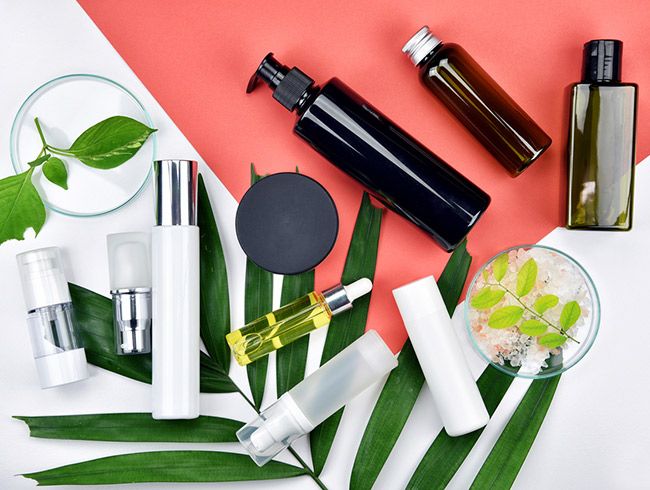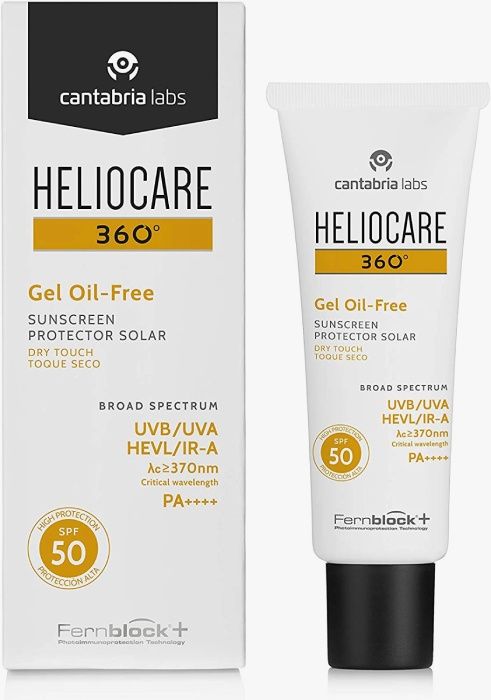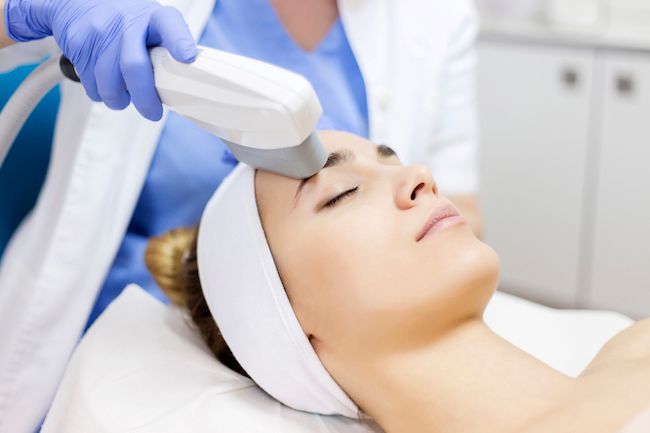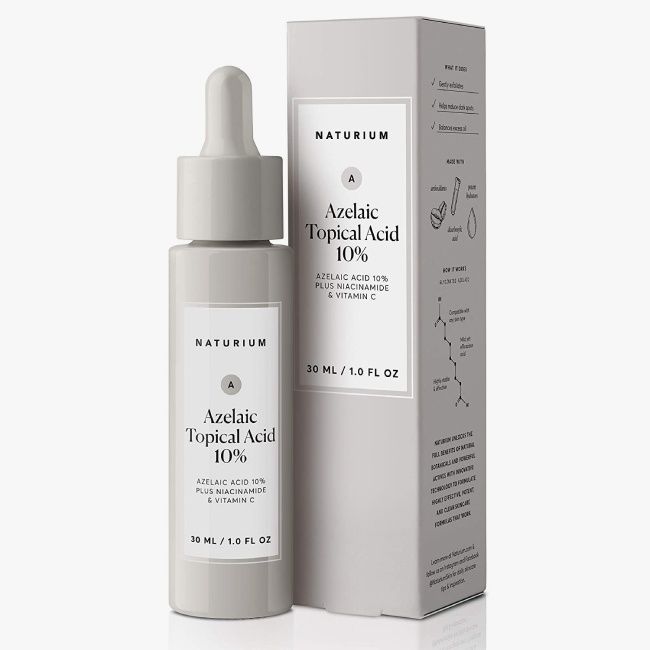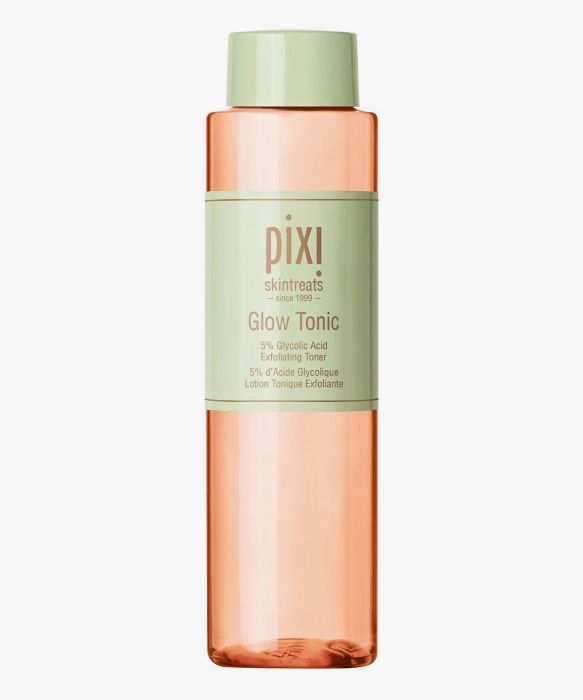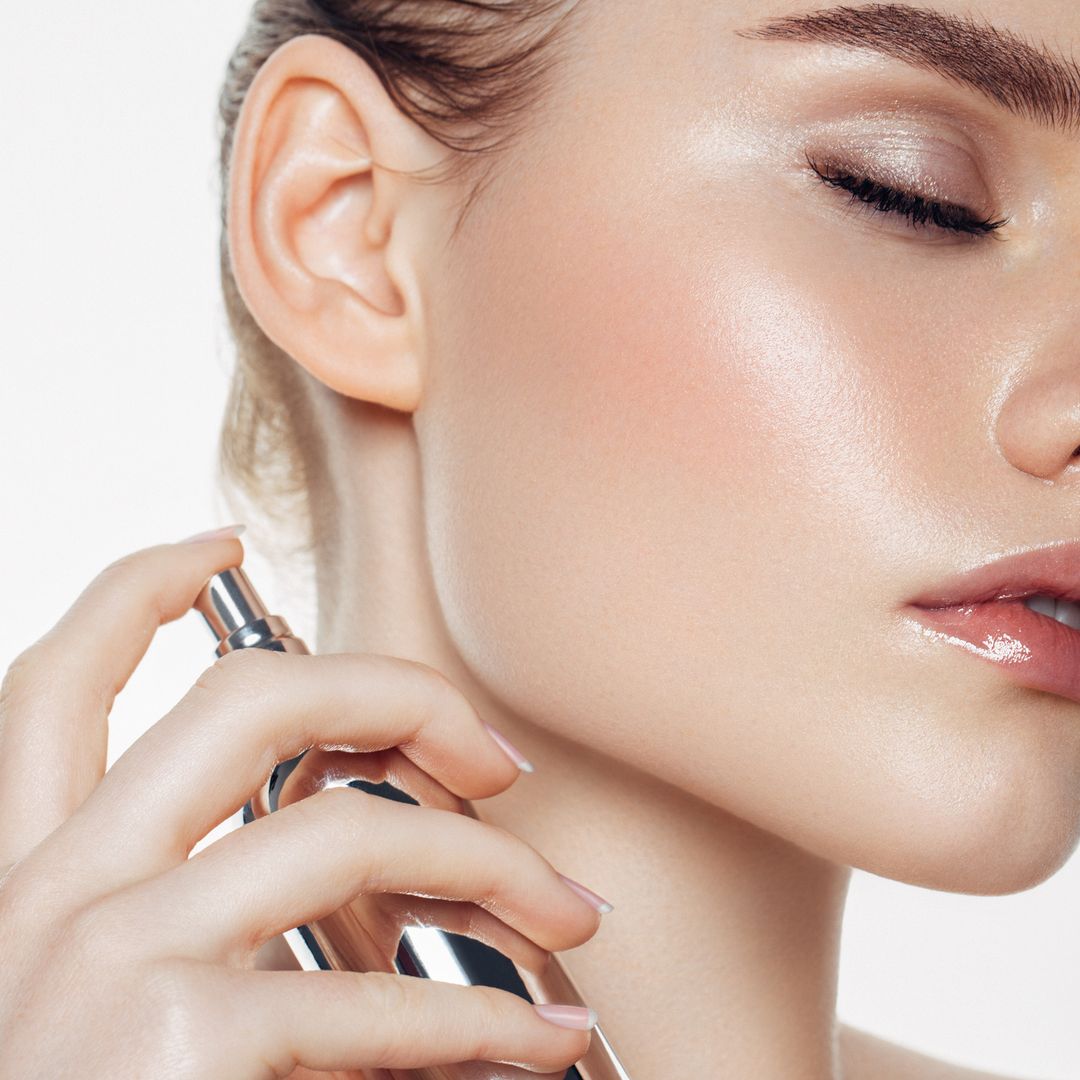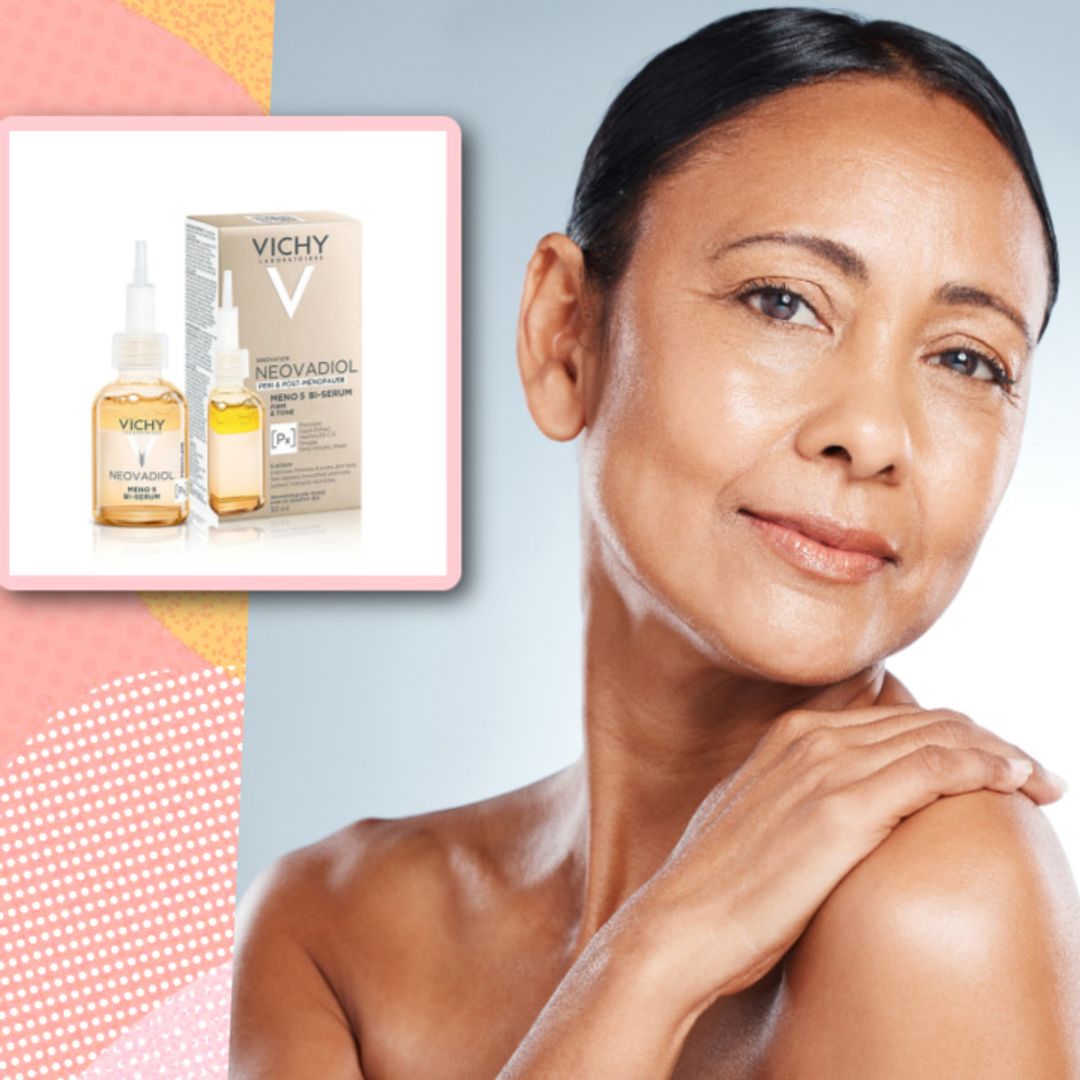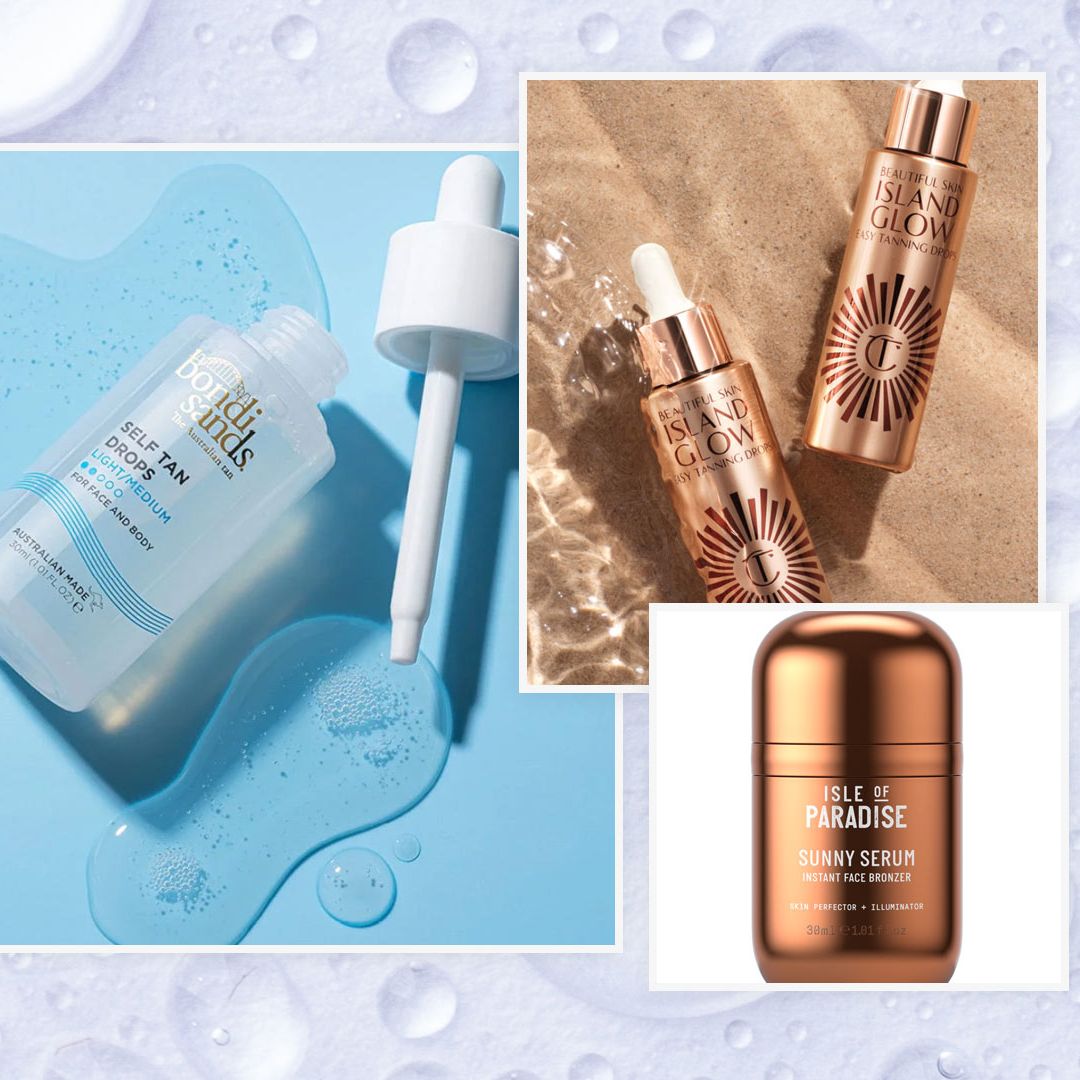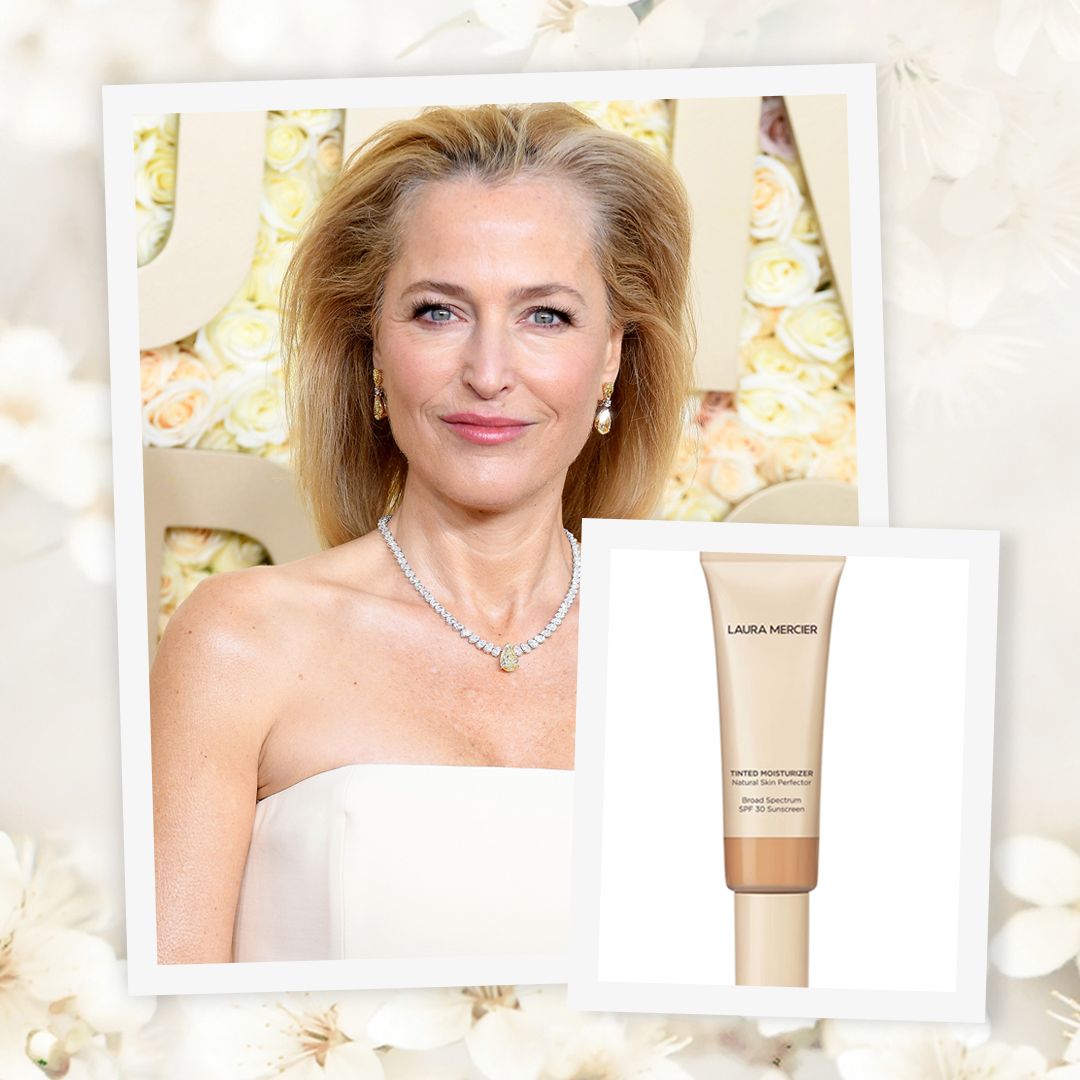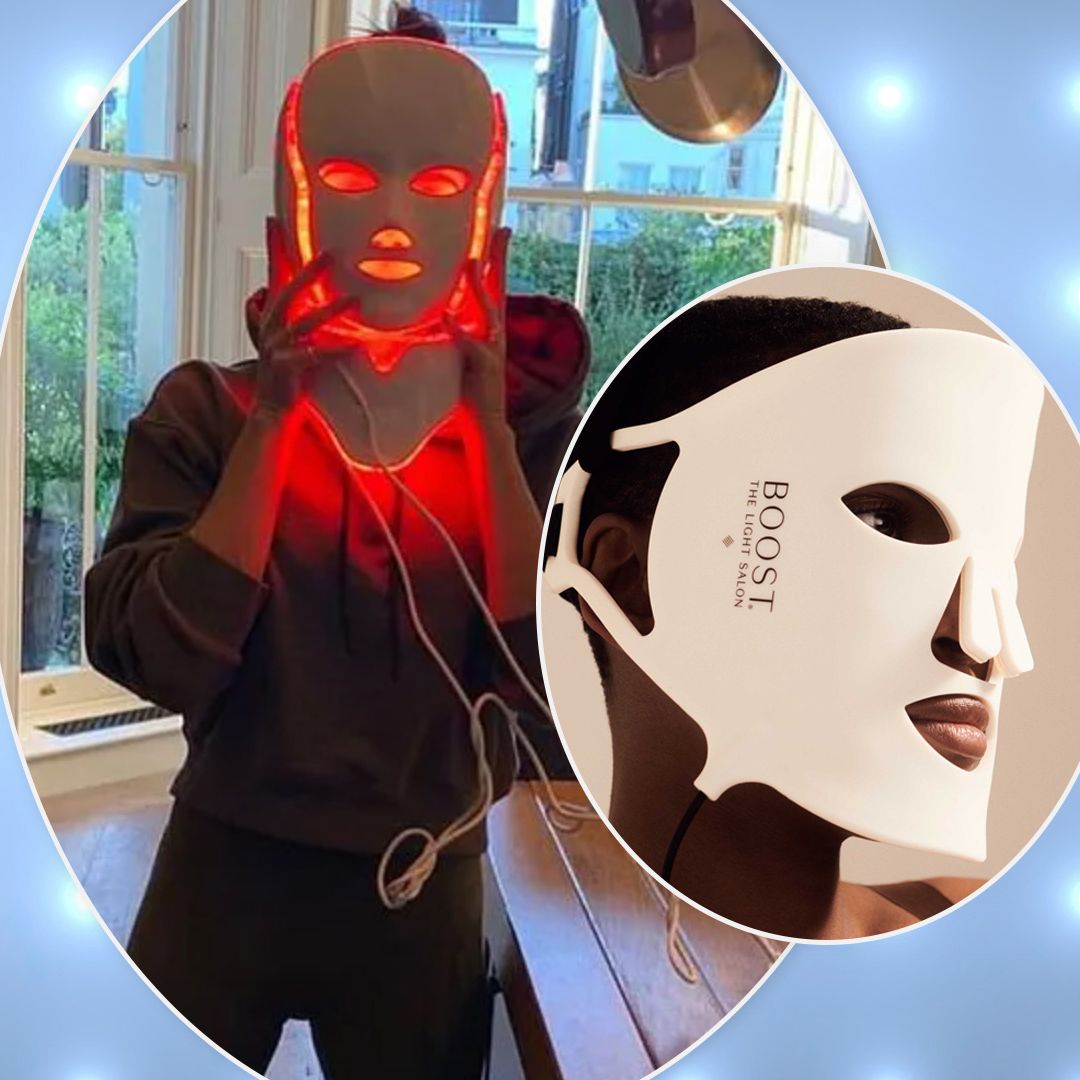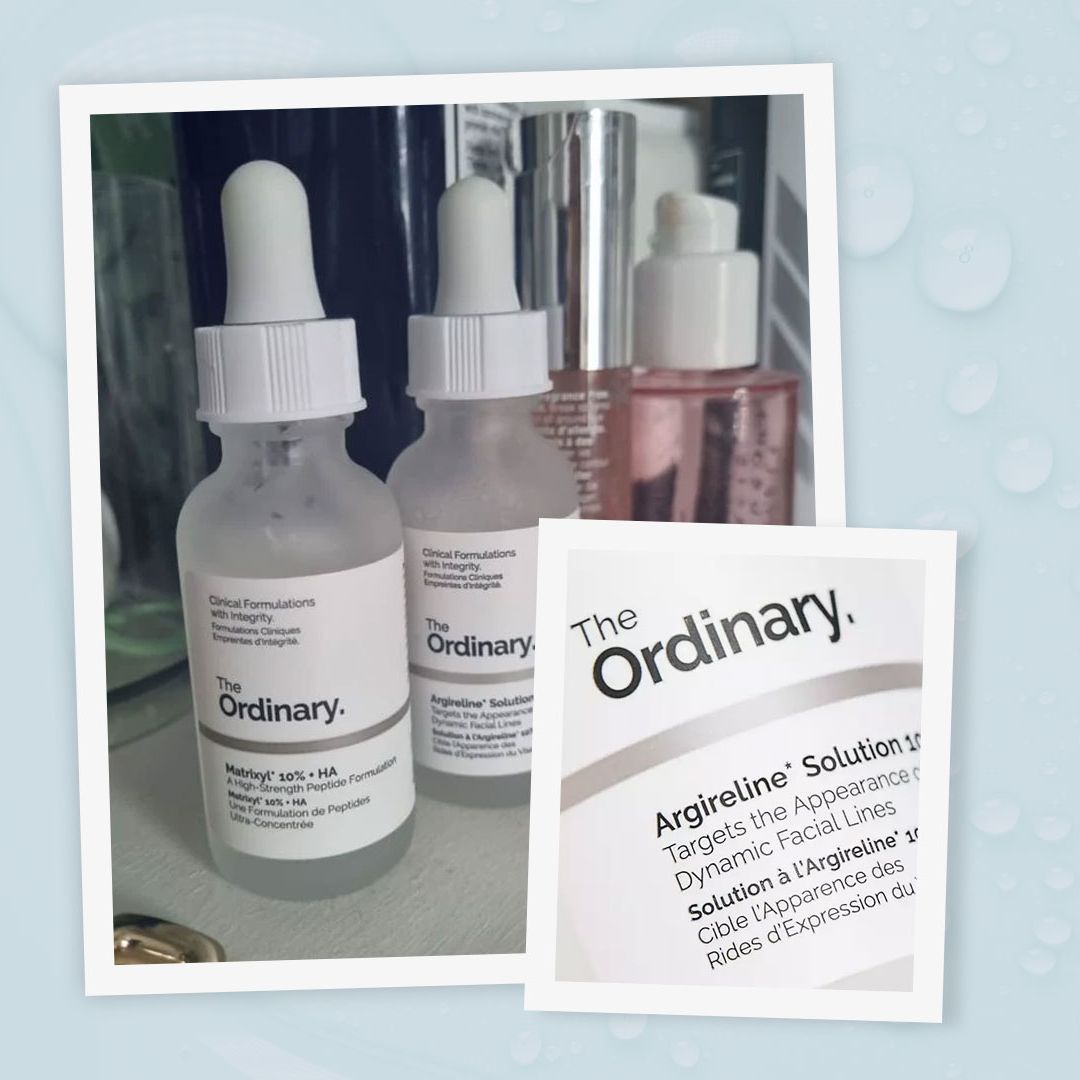Melasma, sometimes known as 'chloasma', is a common skin condition in adults, causing pigmentation to develop on the face.
Although it can affect both genders and any race, it is most common in women (and can develop during pregnancy) and those with darker skintones who live in sunny climates.
MORE: Why you should be using a vitamin C serum in your skincare regime
It’s not dangerous, but many with melasma are constantly searching for a cure – so we caught up with Dr Firas Al-Niaimi, group medical director for skincare clinic group sk:n, to find out more about it.
Drew Barrymore has spoken openly about having melasma
What is melasma?
"Melasma is a common skin condition where light to dark brown patches of discolouration develop," says Dr Al-Niaimi. "It's usually on the face, but it can also appear on other parts of the body that are in the sun, such as forearms or neck. Anyone can develop it, and it's not caught or caused by allergy. It's not dangerous or sore, but people with the condition are often upset by the cosmetic aspects."
What causes it?
"It’s not entirely certain what the exact cause is. However, anything that affects hormones can contribute to the condition, such as pregnancy or the pill. Over-exposure to the sun and genetics can also contribute. You may find melasma is more prevalent in the summer and improves in the winter, so if you can avoid too much sun this can help prevent it."
Which treatments help with melasma?
Sun protection
“Wearing sunscreen daily is the easiest way to treat melasma at home,” says Dr Al-Niaimi. Sunlight can actually act as a trigger for melasma or can darkening existing patches so avoiding in addition to wearing SPF, also wear a hat and clothing to help properly protect you.
Heliocare's SPF is dermatologist-recommended
SHOP NOW
Nutrition
Like with everything, having a healthy lifestyle is only going to benefit you and it can seriously do wonders for your skin. You won't cure melasma through nutrition but you can certainly help it.
It's thought it's helpful to eat foods high in folate, (vitamin B9), the natural form of folic acid found in foods, as a deficiency in this can cause a side effect of melasma. Foods high in this include legumes, eggs, leafy greens, nuts and citrus fruits. You can also talk to your doctor about taking a supplement.
READ NEXT: Face yoga - the facial massage techniques Meghan Markle loves
Skin Peels
When it comes to getting professional help, consult an expert practitioner who can advise you of the best options for your individual case. Skin peels may be recommended - the treatment involves applying a non-toxic chemical to the skin to encourage natural exfoliation and remove imperfections. Q-switched lasers in a low energy setting can also help with some patients.
Laser treatments can be used to combat melasma
Fraxel
"Fraxel is another treatment for pigmentation: this laser resurfacing treatment penetrates the skin to create miniscule wounds. The wounds trigger the body's natural healing response, stimulating the growth of fresh, clear and healthy skin cells", says Dr Al-Niaimi.
Creams
Your dermatologist may also recommend a combination of topical creams. Hydroquinone is a topical cream that prevents pigment cells in the skin from producing melanin and is commonly used to treat melasma. According to the British Skin Foundation, "Hydroquinone creams may cause skin irritation, and they should only be used for a few weeks at a time to prevent over-lightening of the skin. Hydroquinone can only be prescribed by doctors and may occasionally cause the skin to become darker".
Medik8 Retinol 3TR Serum, £29, Look Fantastic
SHOP NOW
Naturium Azelaic Acid, £28.51, Onbuy
SHOP NOW
Another ingredient that is thought to be helpful in some incidences is Retinoid, which is typically given to acne patients, and some other types of acid creams (such as azelaic acid, ascorbic acid and kojic acid), are sometimes advised too but can cause skin irritations so it's best to speak to a dermatologist or doctor before using them.
Pixi's Glow Tonic contains 5 per cent glycolic acid
SHOP NOW
What skincare ingredients can help?
"Using products that contain an ingredient called sulforaphane can help light pigmentation,” adds Dr Al-Niaimi. “You can also use an exfoliator that includes glycolic acid, an active ingredient that removes dead skin cells and lightens dark marks."
HELLO!'s selection is editorial and independently chosen – we only feature items our editors love and approve of. HELLO! may collect a share of sales or other compensation from the links on this page. To find out more visit our FAQ page.



